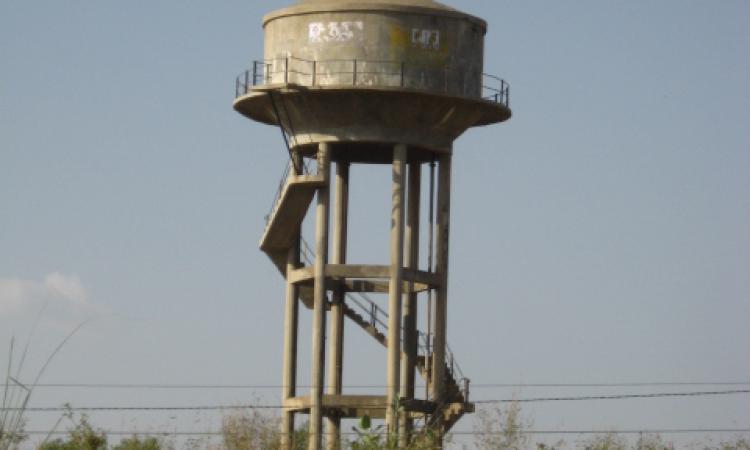
Country’s water contaminated with lead, arsenic, fluoride: Centre
According to the data supplied by the Jal Shakti Ministry in response to a question in the Rajya Sabha, lead has been detected in parts of 92 districts in 14 states, arsenic in parts of 154 districts in 21 states and UTs, fluoride in parts of 370 districts in 23 states and UTs, and nitrate in parts of 423 districts in 23 states and UTs.
The data further showed that salinity is found in parts of 249 districts in 18 states and UTs, iron in parts of 341 districts in 27 states and UTs, cadmium in parts of 24 districts in nine states, and chromium in parts of 29 districts in 10 states.
(NDTV)
FAO recognizes Rajasthan tribal’s farming practices for improving soil health
UN-funded Food and Agriculture Organization (FAO) has recognized the farming practices of tribals in three districts -- Banswara, Dungarpur, and Pratapgarh. Traditional farming practices are not only organic, but also improve soil health.
The farming practices documented by VAAGDHARA highlight tribals' efforts to revive traditional nutrition-sensitive practices that are disappearing. Additionally, the report highlighted how community action can contribute to achieving the Sustainable Development Goals (SDG), as it prevents soil damage and also prevents malnutrition.
(The Times of India)
Citizens' movement in Goa receives Sanctuary Asia Wildlife Service Award
Goa's 'Amche Mollem' campaign protesting three development projects won the Sanctuary Asia Wildlife Service Award. The three projects involve a railway line, a transmission line and a national highway for which around 250 hectares of forest land from the protected areas of the Mollem National Park and the Bhagwan Mahaveer Wildlife Sanctuary will be needed. The project worth Rs 250 crore will also need to cut almost 40,000 trees on forest land.
This campaign has been lauded for bringing people together for the 'Amche Mollem' campaign, the role played by the young, and the creative ways in which citizens have communicated their opposition to the projects.
(Science The Wire)
Karnataka opposes implementation of the Kasturirangan report
The Karnataka government has opposed the declaration of the Western Ghats as an Ecologically Sensitive Zone during a virtual meeting that was chaired by Union Minister for Environment, Forest and Labour, Bhupinder Yadav.
As per the state government the people living in the region are opposed to the implementation of the report as it would adversely affect the livelihood of the people in the region.
It further informed that the state has taken extreme care to protect the biodiversity of Western Ghats and the people of the region have adopted agriculture and horticultural activities in an eco-friendly manner. (The Weather Channel)
Taj Mahal decay: Polluted Yamuna is the main cause, finds study
The ancient marvel of the world, the Taj Mahal in Agra, is decaying as its white marble discolors. Until now, the decay of Taj has been attributed to industrial emissions. However, a new study has revealed that the discoloration of Taj's marbles could be caused by the corrosive effects of hydrogen sulphide from the polluted Yamuna River.
Yamuna river in Agra is in a dismal state as the entire city's sewage and industrial waste, including solid waste, flow into the river untreated. Agra has 90 nullahs, of which only 25 get treated by four plants, but these plants do not function at night.
(Mongabay India)
This is a roundup of important news published from November 24 – December 7, 2021. Also read policy matters this fortnight.